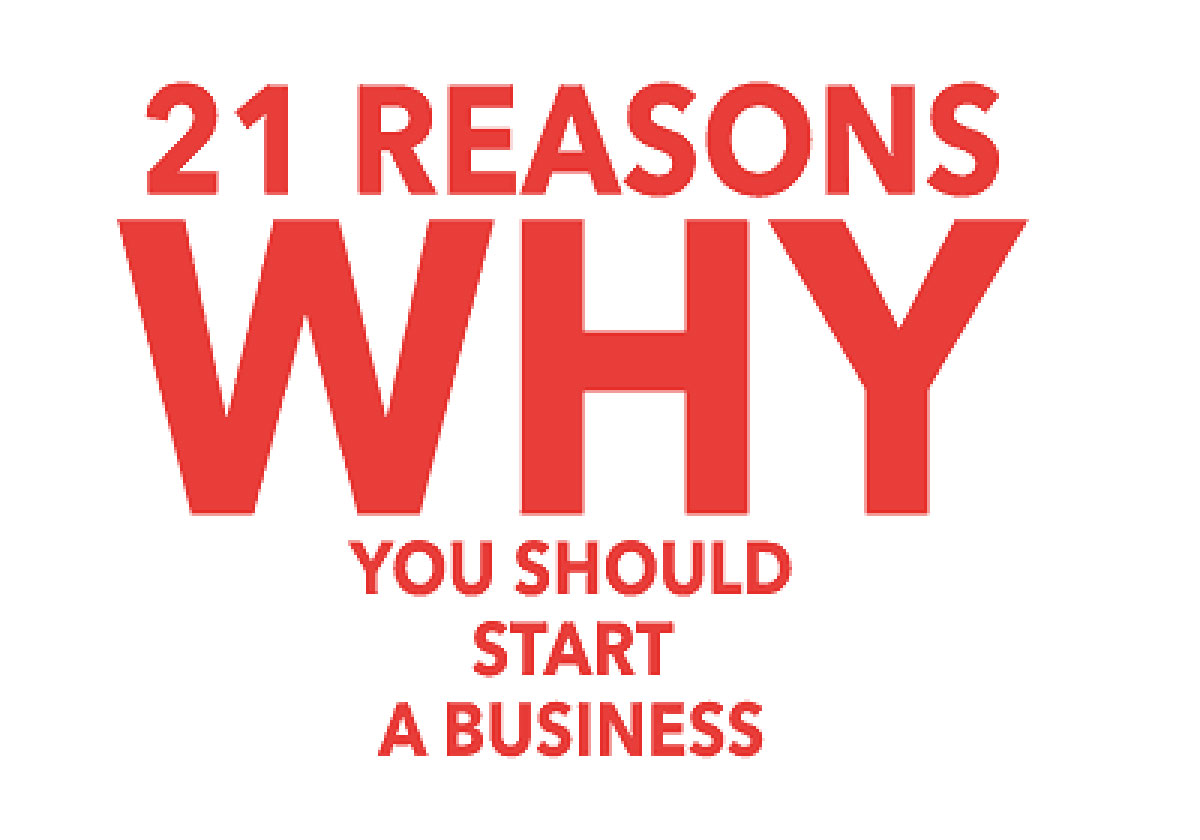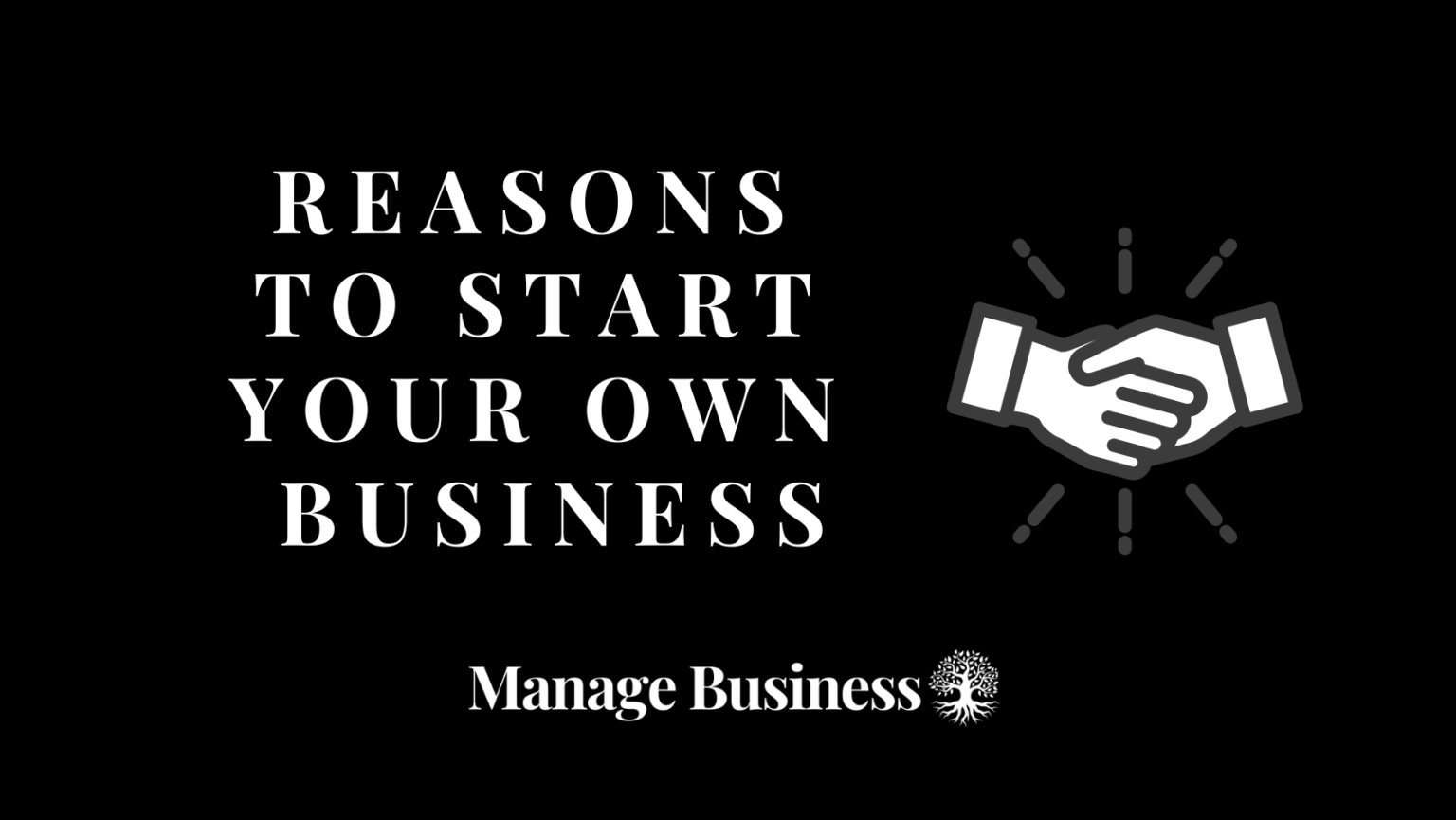Is Starting Your Own Business Worth It

The entrepreneurial dream: alluring, yet brutally demanding. Is launching your own business truly worth the immense risk and sacrifices?
For many, the promise of freedom, financial independence, and creative control outweighs the daunting challenges. But cold, hard data paints a more nuanced picture, demanding careful consideration before taking the plunge.
The Allure vs. The Reality
The US Small Business Administration (SBA) reports that around 20% of new businesses fail within the first year. This harsh reality check underscores the volatile nature of entrepreneurship.
According to the Bureau of Labor Statistics (BLS), small business owners often work significantly longer hours than traditional employees. Expect to dedicate evenings and weekends to your venture.
Financial Considerations
Securing funding is a major hurdle. Venture capital is highly competitive, and many entrepreneurs rely on personal savings, loans, or bootstrapping to get started.
A 2023 report by Fundera revealed that the average startup cost ranges from $10,000 to $50,000, depending on the industry. This figure excludes ongoing operational expenses.
Profitability is not guaranteed. It often takes several years to achieve consistent revenue and recoup initial investments. Cash flow management is critical.
The Rewards: Beyond the Money
Despite the risks, entrepreneurs report high levels of job satisfaction when their businesses succeed. The sense of accomplishment and autonomy are powerful motivators.
Creating jobs and contributing to the local economy are also significant rewards for many. Small businesses are vital engines of economic growth.
Owning a business allows for creative expression and the opportunity to build something meaningful. This freedom is a key draw for many entrepreneurs.
Who is Succeeding?
Industries experiencing rapid growth, such as technology, e-commerce, and sustainable energy, offer promising opportunities. However, competition is fierce.
Entrepreneurs with strong business acumen, resilience, and a willingness to learn are more likely to succeed. Adaptability is crucial in a constantly evolving market.
Successful startups often have a clear value proposition and a well-defined target market. Understanding your customers is paramount.
Where to Start
Numerous resources are available to aspiring entrepreneurs. The SBA offers counseling, training, and access to capital.
Local chambers of commerce and business incubators provide networking opportunities and mentorship. Leverage these support systems.
Online courses and educational platforms offer valuable insights into business planning, marketing, and finance. Continuous learning is essential.
The Verdict
Starting a business is not a guaranteed path to riches or happiness. It demands immense dedication, resilience, and a healthy tolerance for risk.
However, for those with a clear vision, a strong work ethic, and a willingness to learn, the rewards can be substantial. The potential for financial independence, creative fulfillment, and positive impact on the community is undeniable.
Before taking the plunge, conduct thorough market research, develop a comprehensive business plan, and secure adequate funding. The journey is challenging, but the potential payoff is significant.
Next Steps: Seek guidance from experienced entrepreneurs, refine your business plan, and prepare for the inevitable challenges ahead.

















